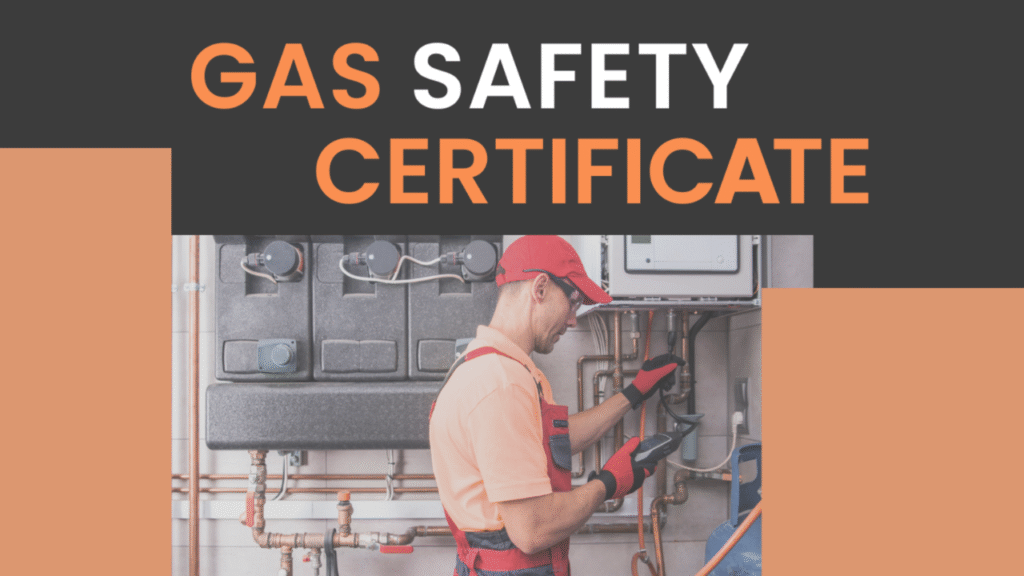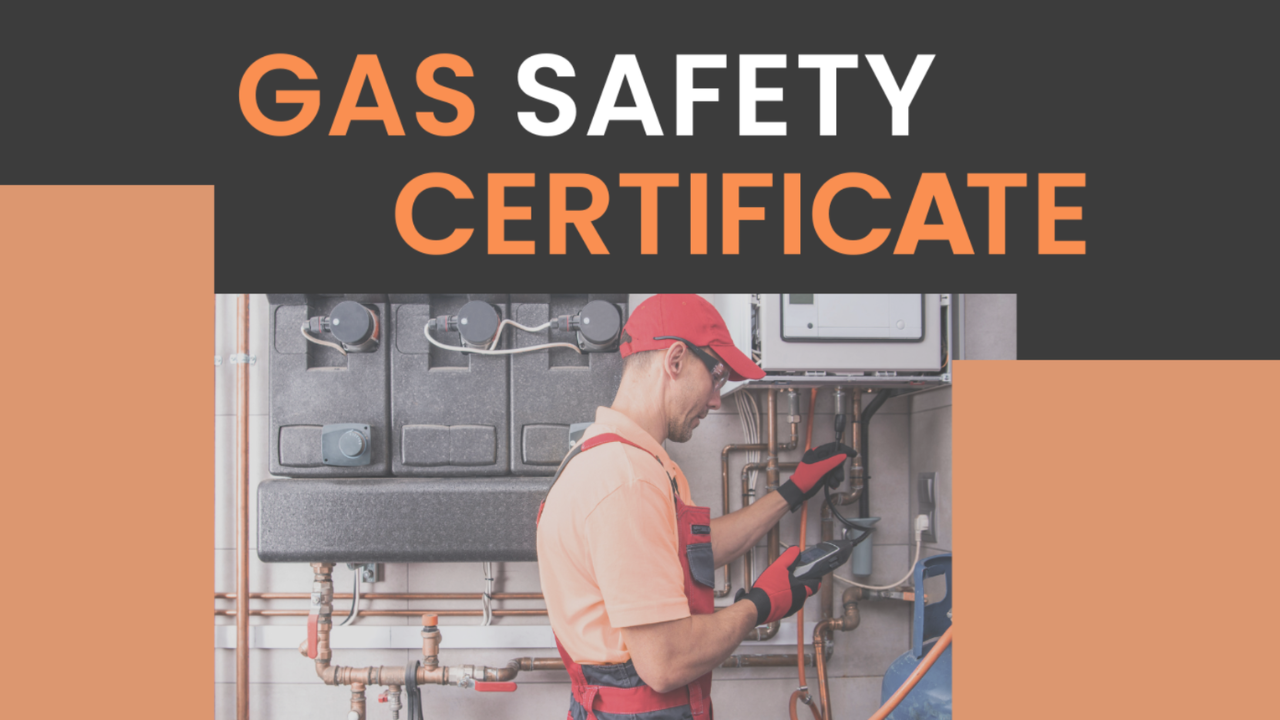
Gas appliances — from stoves to heaters — are part of everyday life in many homes, offering efficiency and convenience. But gas is also a highly flammable and potentially hazardous fuel source. To ensure safety, governments and local authorities have established strict regulations. Knowing and following these rules isn’t just about legal compliance — it’s about protecting lives, preventing accidents, and ensuring your home remains safe.
Why Gas Safety Regulations Matter
Gas safety regulations are designed to:
- Prevent accidents such as explosions or fires.
- Protect health by reducing the risk of carbon monoxide poisoning.
- Ensure proper installation and maintenance of gas appliances.
- Promote environmental responsibility through efficient energy use.
Failure to comply can result in heavy fines, invalidated insurance, and — most importantly — serious harm to people and property.
Key Gas Safety Requirements for Homeowners
1. Professional Installation Only
Most regions require that all gas appliance installations and modifications be done by a licensed gas fitter or certified technician. This ensures correct setup, proper ventilation, and compliance with manufacturer guidelines.
2. Annual Safety Inspections
Many laws require annual servicing of gas appliances to check for leaks, damaged parts, and efficiency. Records of these inspections may be needed for insurance or rental agreements.
3. Carbon Monoxide Detection
In many jurisdictions, CO detectors are mandatory in homes with gas appliances. They must be installed near sleeping areas and tested regularly.
4. Proper Ventilation
Building codes specify ventilation requirements to prevent gas buildup and ensure complete combustion.
5. Emergency Shut-Off Access
Gas shut-off valves must be easily accessible, labeled, and in working condition to allow quick response in an emergency.
Common Gas Safety Regulations Across Regions
While exact requirements differ, most places follow these general rules:
| Regulation | Purpose | Homeowner Responsibility |
|---|---|---|
| Licensed installation | Prevents unsafe DIY setups | Hire only certified professionals |
| Annual inspections | Detects leaks and hazards early | Schedule checks and keep inspection records |
| CO detector requirement | Alerts to invisible, deadly gas | Install and maintain detectors |
| Ventilation standards | Ensures safe combustion | Maintain vents and avoid blockages |
| Shut-off valve access | Allows fast emergency response | Keep valves clear and functional |
Legal Responsibilities for Homeowners vs. Landlords
If you own and occupy your home, you’re responsible for ensuring all appliances and systems meet safety codes. Landlords have additional legal obligations, including:
| Requirement | Homeowner | Landlord |
|---|---|---|
| Appliance maintenance | Yes | Yes |
| Annual safety certificate | Optional in some areas | Mandatory in most regions |
| CO detectors | Yes | Yes |
| Record keeping | Recommended | Required |
| Providing safety info | Not required | Required for tenants |
What Inspectors Check During a Gas Safety Visit
- Appliance condition and age.
- Flue and ventilation systems.
- Signs of leaks (using gas detectors).
- CO detector placement and function.
- Gas pressure and burner performance.
- Emergency shut-off accessibility.
These checks help ensure your system meets local codes and operates safely year-round.
Steps to Stay Compliant with Gas Safety Rules
- Know your local regulations – Rules vary by country, state, and even municipality.
- Hire qualified professionals – Always verify credentials before hiring.
- Keep records – Save receipts, inspection reports, and safety certificates.
- Test alarms monthly – Ensure CO detectors and smoke alarms work properly.
- Act immediately on hazards – If a problem is found, turn off the appliance until repaired.
Risks of Ignoring Gas Safety Regulations
- Legal penalties – Fines, eviction, or denied insurance claims.
- Health dangers – CO poisoning, respiratory issues, or burns.
- Property damage – Explosions, fires, or corrosion from leaks.
- Higher costs – Unmaintained appliances use more energy and break down faster.
Overview Table
| Item | Frequency | Who Can Perform | Notes |
|---|---|---|---|
| Professional installation | Once per appliance | Licensed gas fitter | Keep documentation |
| Safety inspection | Yearly | Certified technician | Check local laws for exact requirement |
| CO detector test | Monthly | Homeowner | Replace batteries annually |
| Vent cleaning | Yearly | Technician or homeowner | Ensure no blockages |
| Shut-off valve check | Every 6 months | Homeowner | Keep area around valve clear |
Emergency Actions if Gas Safety Is Compromised
If you suspect a leak or unsafe condition:
- Turn off the gas at the shut-off valve.
- Open windows and doors for ventilation.
- Leave the building immediately.
- Call your gas company or emergency services.
- Do not re-enter until cleared by professionals.
Conclusion
Gas safety regulations are more than just bureaucratic rules — they are lifesaving measures. By understanding your responsibilities, scheduling regular inspections, and hiring licensed professionals, you not only protect your family and property but also ensure you’re always compliant with the law.
3 One-Line FAQs
Q1: Are annual gas safety inspections mandatory for all homeowners?
A1: In many regions, they’re required for rentals and strongly recommended for owner-occupied homes.
Q2: Can I install a gas appliance myself?
A2: Most laws require a licensed professional to handle gas installations for safety and legal reasons.
Q3: Do I need a carbon monoxide detector if I have a gas stove?
A3: Yes, most safety codes require CO detectors in any home with gas appliances.

